News
Maité Iracheta Connects with Mexicayotl Movement in Summer Professional Development
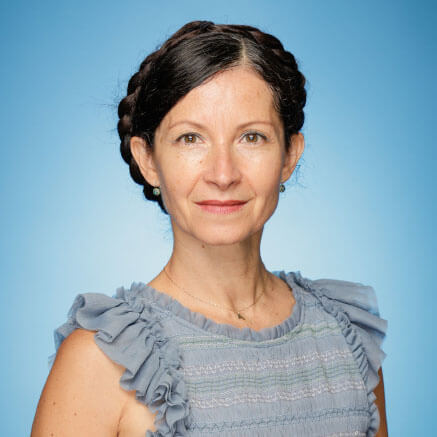
“Teaching language in the 21st century requires the inclusion of the past and of 21st century philosophy,” said World Languages teacher Maité Iracheta P’16. “There’s no point in teaching the technicalities of a language if one overlooks its performance and influence on people—and its history.”
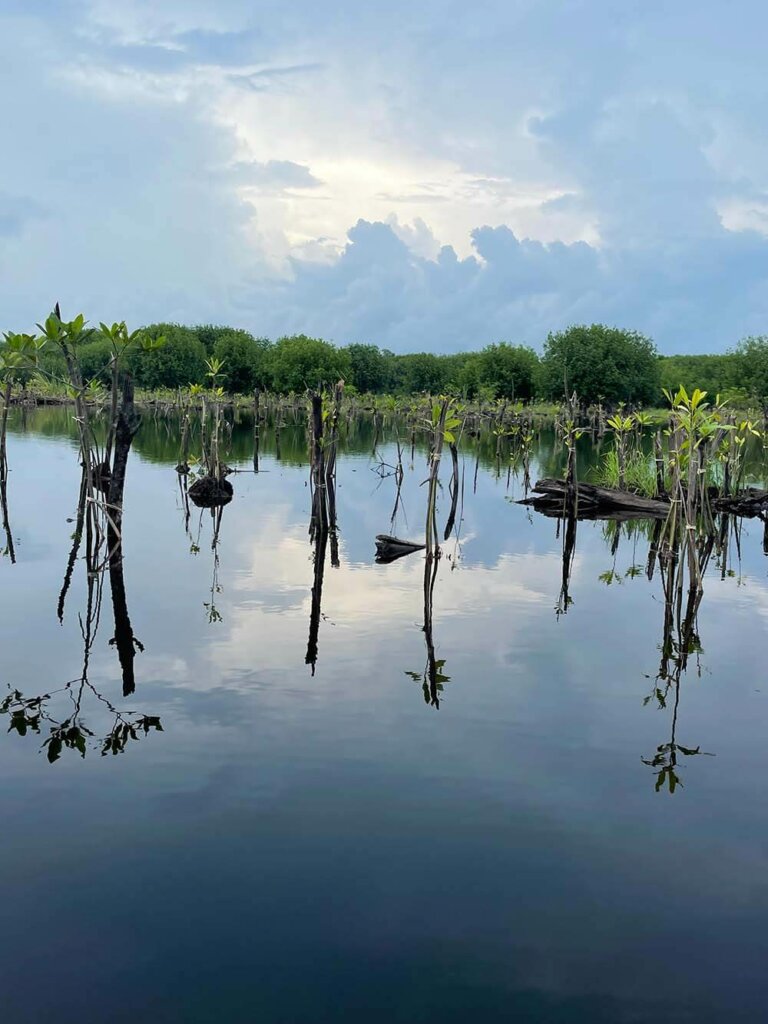
This past summer, Iracheta traveled to San Agustinillo, a small village on the Pacific Coast in the Mexican state of Oaxaca, to pursue her professional development project of connecting with the Mexicayotl movement, which she explains “revives ancient traditions of the Aztecs as well as other native peoples such as the Mixtecos and Zapotecos of the southwest region.”
Iracheta has the soul and eyes of a poet. She has studied Jose Marti’s essay “Nuestra América,” with her AP Language students and, she says, “it always feels like a revelation opening its secret door to my understanding of Mexico.” She added, “Octavio Paz, one of México’s enlightening poets, wrote that there are not two Mexicans identical or univocal, that ‘to be Mexican, is not to be an essence but a history.’”
Iracheta explained that her cousin “rejected the urban and capitalist living of Mexico City,” and settled in San Agustinillo, Oaxaca, with her husband, who is the head of the Mexicayotl movement of this region. “The movement brings back the wisdom of the original people that flourished in the land: their respect and devotion for nature, their interaction with the four elements, and their sustainable way of living,” Iracheta said.
So, for almost two weeks this summer, Iracheta lived in the village. She worked along with the children. “I learned more from them than they learned from me,” Iracheta said. “We would gather early every morning to read and share our findings in the texts. It was a magical operation: the young reader, the literature, the bridge built between the two, forming triangles above our heads, all hugged by where the tropical forest meets the sea. Then they would teach me how to take care of farm animals, the orchard and the crops.”
“The sound system is Nature, the glorious DJ whose heartbeat is the Pacific’s breaking wave.”
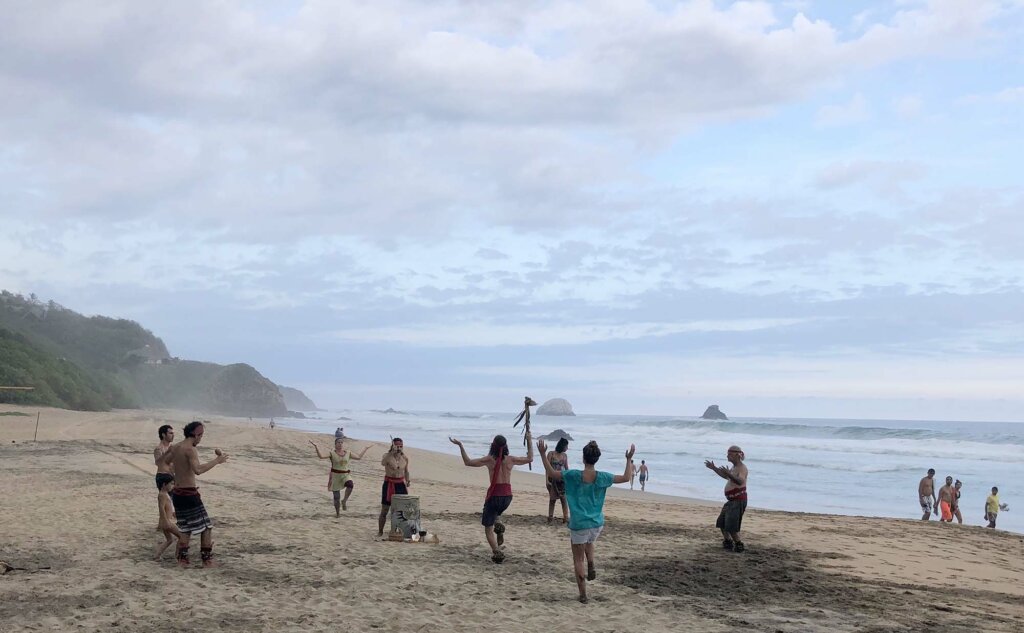
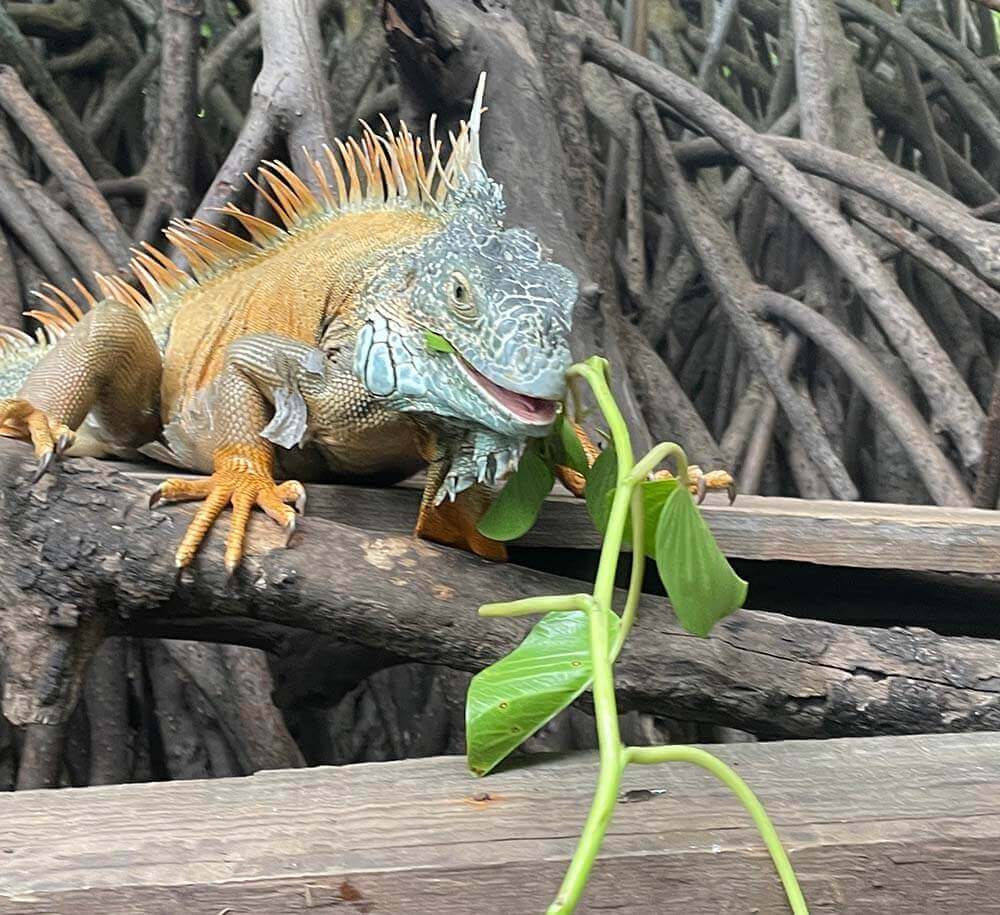
“El recinto del viento (House of the Wind) is part of this sustainable community,” Iracheta explained. “It’s a cultural center and an inn. There are no air conditioners, no TV. It’s made out of palm trees and has no walls or windows. The sound system is Nature, the glorious DJ whose heartbeat is the Pacific’s breaking wave. There are also wild animals everywhere, some hide in plain sight and stare at you until you forget your notions of time, and notice.”
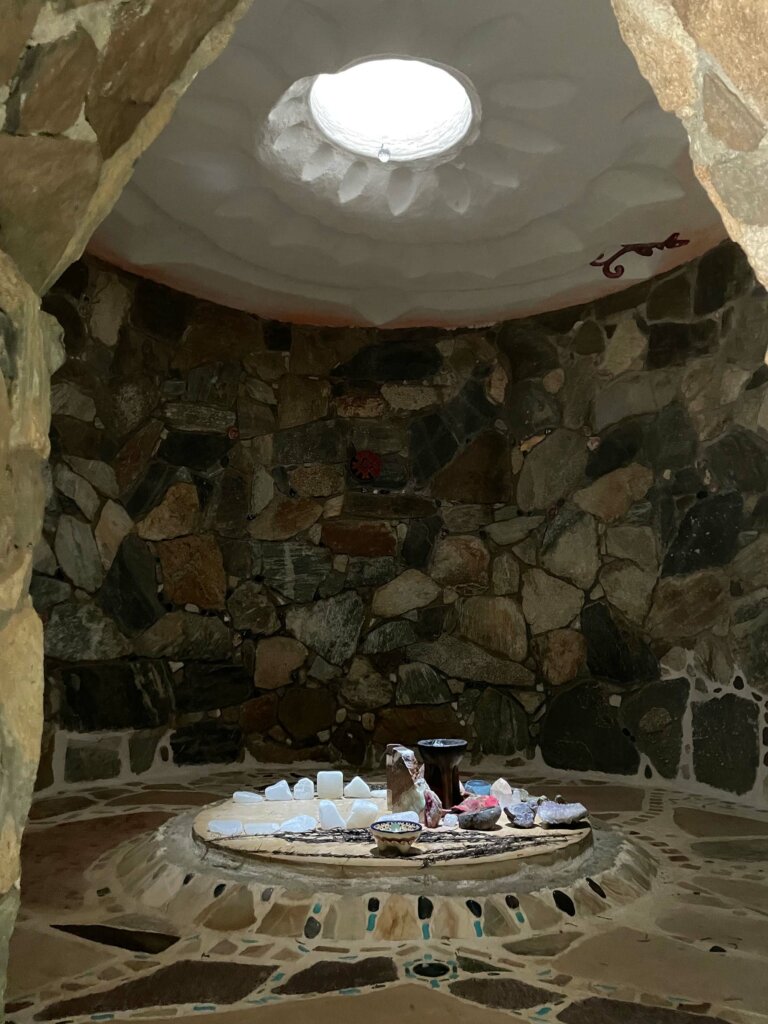
“When asked the highlight of the experience, Iracheta said, “When I participated in the ritual of the zenith at El recinto del viento, similar to the way ancient astronomers used to do inside the pyramids of Xochicalco, Palenque, and Teotihuacan. To behold a ray of sun and witness its traversing a 24th of our planet was quite special. A literal highlight. Another transcendent moment for me was when I joined the community of Ventanilla, a neighboring village, to help protected baby turtles take their first steps on the sand, unbelievably fast like crabs, in order to reach the sea. Meeting an ancient Copal tree at the edge of one of Punta Cometa’s cliffs.”
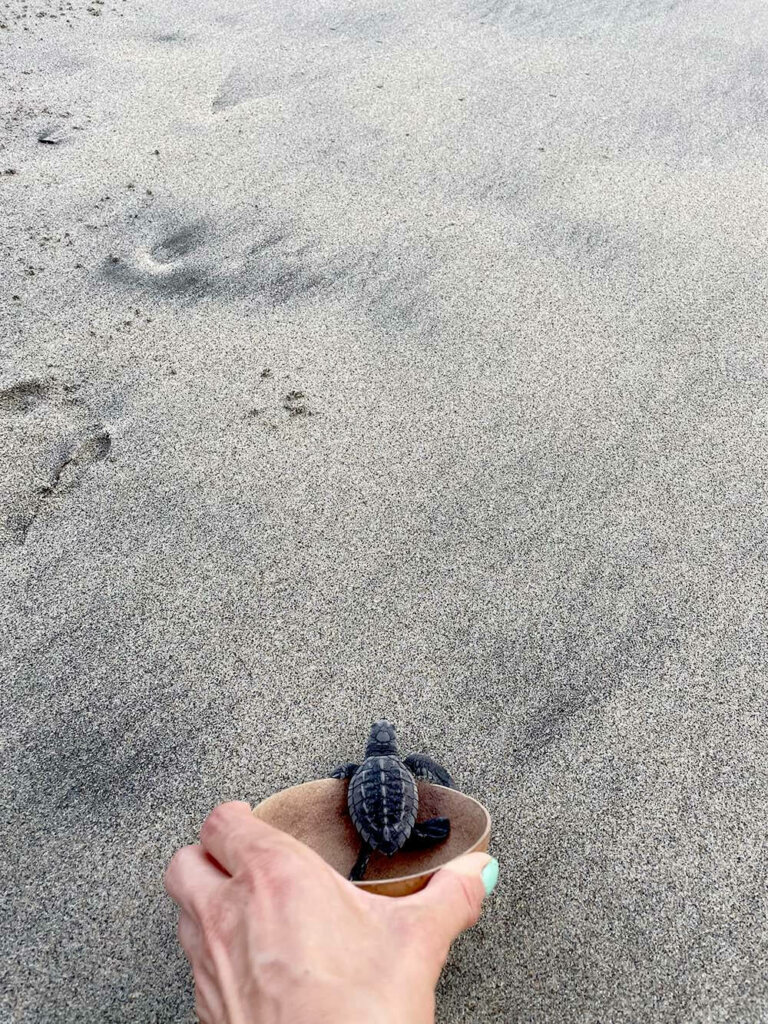
Perhaps Iracheta had found answers to her existential questions “in the way people in these corners of Oaxaca understand themselves within their surroundings. Posthumanist philosophers like Rosi Braidotti and Donna Haraway are calling for a new horizon: bring down the vertical hierarchies among humans, animals and Nature. The people in this village read the demands of our era in the air.”
“The words that make up a language are like roots in a very large forest. I want to teach my students how much we can learn from the earth beneath our feet.”
– Maité Iracheta
What will she bring to her classroom from this experience? “Culture equals people, community,” Iracheta said. “The Spanish language in most Latin American countries has been in an advantageous conversation—never easy, never friendly—with languages that were born and developed in America, our continent. What it means to be Bolivian, Ecuadorian or Peruvian means the acknowledgment of Quechua; so is to be Mexican with Náhuatl or Mixteco; Guatemalan with Mayan, not to mention Paraguayan with Guaraní. The words that make up a language are like roots in a very large forest. I want to teach my students how much we can learn from the earth beneath our feet.”



